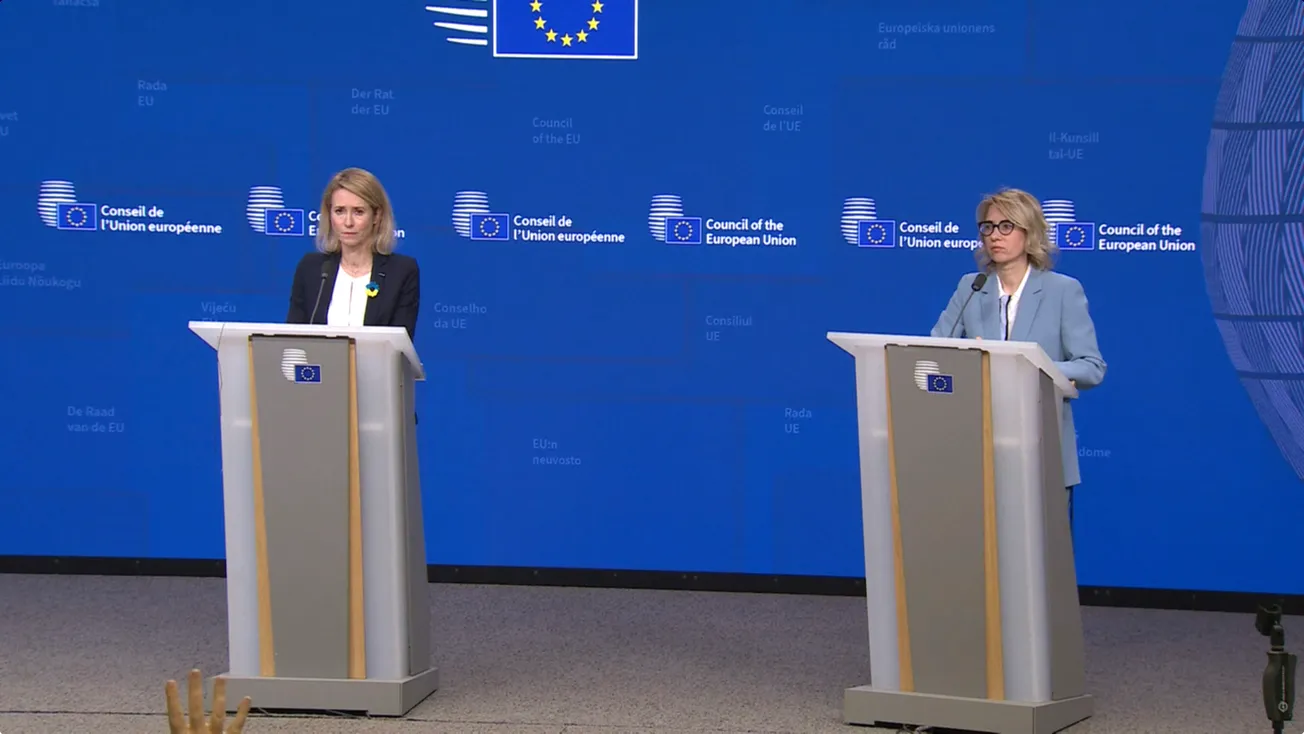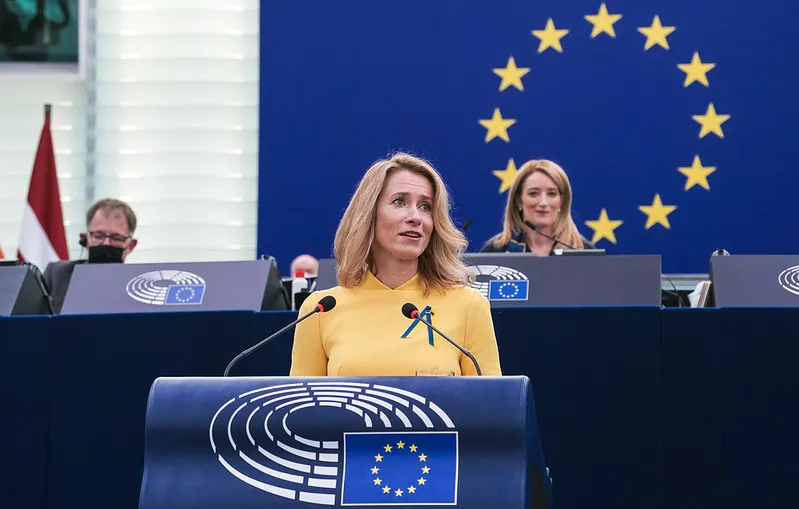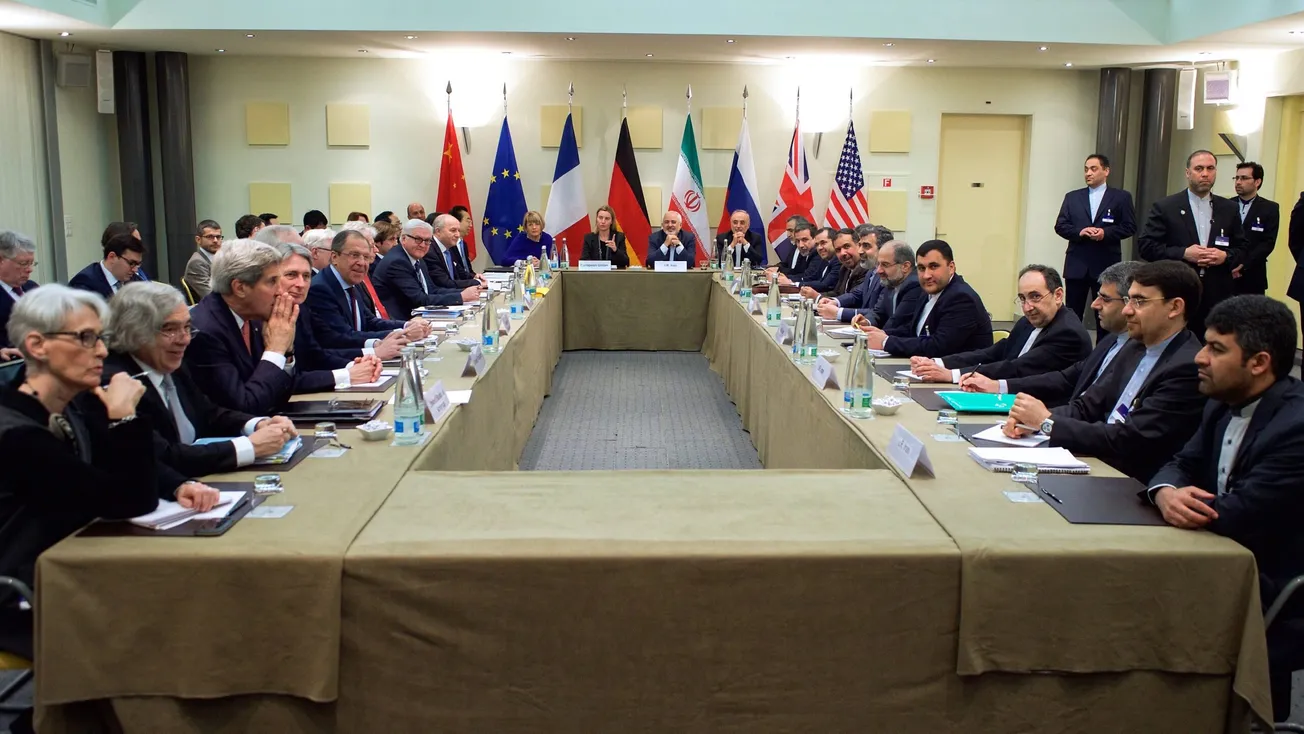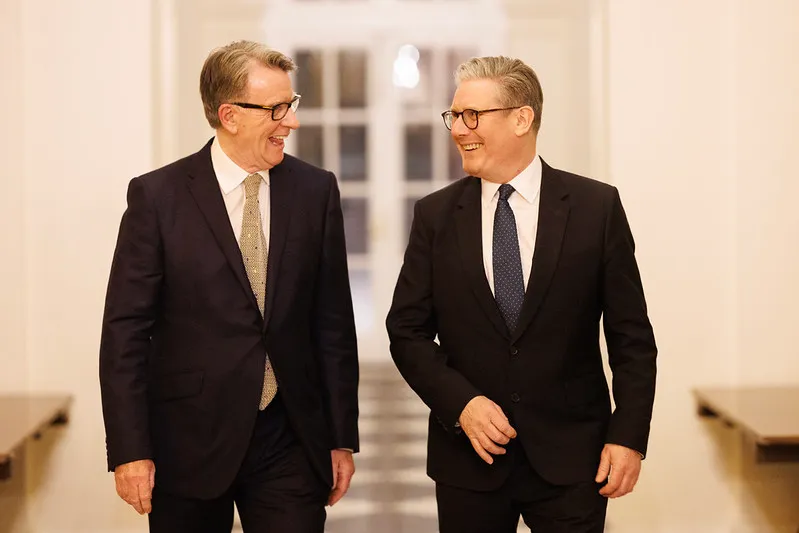In a ceremony at the Kremlin today accepting credentials from 24 new foreign ambassadors, the majority of whom were from the nations of the Global South, President Vladimir Putin elaborated on the message delivered at the just-concluded heads-of-state summit of the Shanghai Cooperation Organization (SCO) in Samarkand, Uzbekistan. That is, that there is a new paradigm with new centers of power and new alliances emerging, not centered in the West, and that the nations of the Global South will not be bludgeoned into submission.
He told the new ambassadors that they are working at a time when “radical transformation of the entire architecture of international relations has accelerated, when the development of a multipolar and more democratic and fair world order has entered its active phase,” and added that the “fact that the movement towards a multipolar world is the main strategic development line in global politics was reaffirmed” at the SCO summit. The nations that belong to the SCO, he said, are those which “firmly believe that the modern world must be polycentric and based on the generally recognized norms of international law and the principles of equal and indivisible security with the central coordinating role of the UN.”
Putin explained in his remarks that the resistance to the move toward a multipolar world comes from those nations that are “trying to preserve their dominant role in international affairs and to control everything"— in Latin America, Europe, Asia and Africa. The policies of these “global leaders” may have worked for a while, he added, “but this cannot continue forever; it is impossible.”
They tried to strengthen their position by imposing illegitimate sanctions and exerting pressure “in all areas, including, of course on Russia” –- but even they can now see the negative consequences of these actions for their own countries. Worse, they have caused “innocent states,” poor and developing nations, to suffer. In this context, Putin reiterated his offer made last week to ship to poor nations, free of charge, 300,000 tons of Russian fertilizer, currently locked up in European ports. But, he said, European nations have remained silent on his offer.
Nonetheless, Putin said, as a member of the UN Security Council, Russia will not deviate from its “sovereign course. We intend to further promote the unifying interstate agenda, contribute to the search for effective responses to the numerous challenges and threats of our time and help settle acute regional conflicts.” http://en.kremlin.ru/events/president/news/69379
Russia’s Foreign Minister Sergey Lavrov made a related point today in addressing ambassadors in Moscow who are accredited to the Kremlin. The international situation “is not becoming less complicated,” he said, as there is an “accumulation of crises"—in economic policy, in ensuring energy supplies for mankind “and processes directly linked with undermining the foundations on which the entire system of globalization is hinged.” That is, international law and the principles on which the UN Charter is based.
At this week’s UN General Assembly, he pointed out, there is no escaping the fact that there will be “tough assessments of certain actions by various states” —a reference to Russia’s special military operation in Ukraine. But, he warned, the United Nations Organization “was not established for polemical exercises alone. It was also established to fulfill the requirements of the UN Charter, which urges the parties to search for collective ways to resolve international problems by respecting the sovereign equality of states.”





